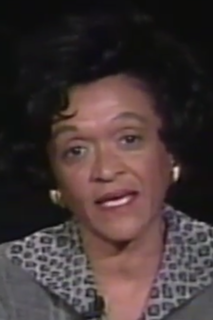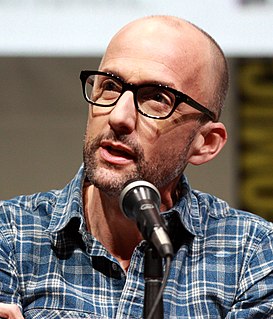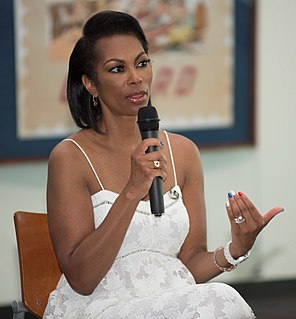A Quote by Jaime Harrison
I can tell you as a black person in South Carolina whose grandparents grew up through Jim Crow, when you lose the courts and justice no longer becomes just, we're in a world of trouble.
Related Quotes
I grew up in Orangeburg, South Carolina, which has the proud distinction of being the home to two of the eight Historically Black Colleges and Universities in the state: South Carolina State University and Claflin University. When I was a kid riding around town with my grandfather, we often drove by the colleges.
That's one of the biggest losses, I think, to African American families, is that people, once they left, they turned away from the South. They didn't look back, and they often didn't tell their children about it. They didn't want to talk about it. It was too painful, what they'd gone through and the caste system of the South, which was Jim Crow.
People talk about Jim Crow as if it's dead. Jim Crow isn't gone. It's adjusted. Look at the disproportionate sentences meted out to blacks caught up in the criminal justice system. There's a problem when people profit from putting and keeping African Americans in prison. We need to do a better job as a nation understanding the real values the country's built upon in terms of fairness, equality and equal opportunity.
I have dear friends in South Carolina, folks who made my life there wonderful and meaningful. Two of my children were born there. South Carolina's governor awarded me the highest award for the arts in the state. I was inducted into the South Carolina Academy of Authors. I have lived and worked among the folks in Sumter, South Carolina, for so many years. South Carolina has been home, and to be honest, it was easier for me to define myself as a South Carolinian than even as an American.
Arguably the most important parallel between mass incarceration and Jim Crow is that both have served to define the meaning and significance of race in America. Indeed, a primary function of any racial caste system is to define the meaning of race in its time. Slavery defined what it meant to be black (a slave), and Jim Crow defined what it meant to be black (a second-class citizen). Today mass incarceration defines the meaning of blackness in America: black people, especially black men, are criminals. That is what it means to be black.
I think the important thing to understand first and foremost about Michael Jackson is that he was the international emblem of the African American blues spiritual impulse that goes back through slavery - Jim Crow, Jane Crow, up to the present moment, through a Louis Armstrong, through a Ma Rainey, through a Bessie Smith, all the way to John Coltrane, Aretha Franklin and Nina Simone.
The street is as diverse as any other sector, but in peoples' mind it gets appropriated as a black man who's tough. Trying to make it through by staying hard and phallocentric. To me, that is just an impoverished conception of what it is to be a black male. It doesn't do justice to my grandfather, my father, my brother - or just the black men I grew up with.
































